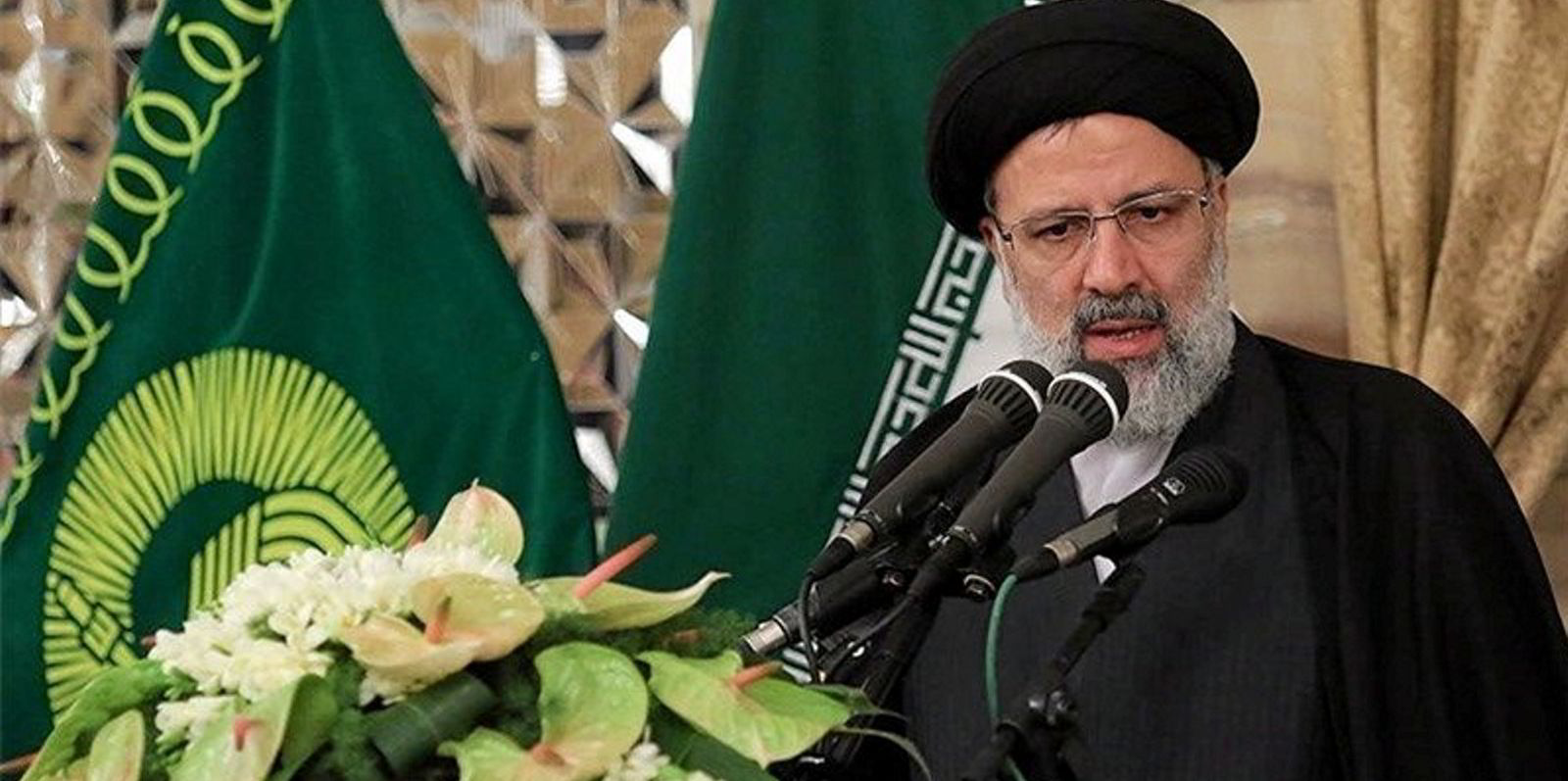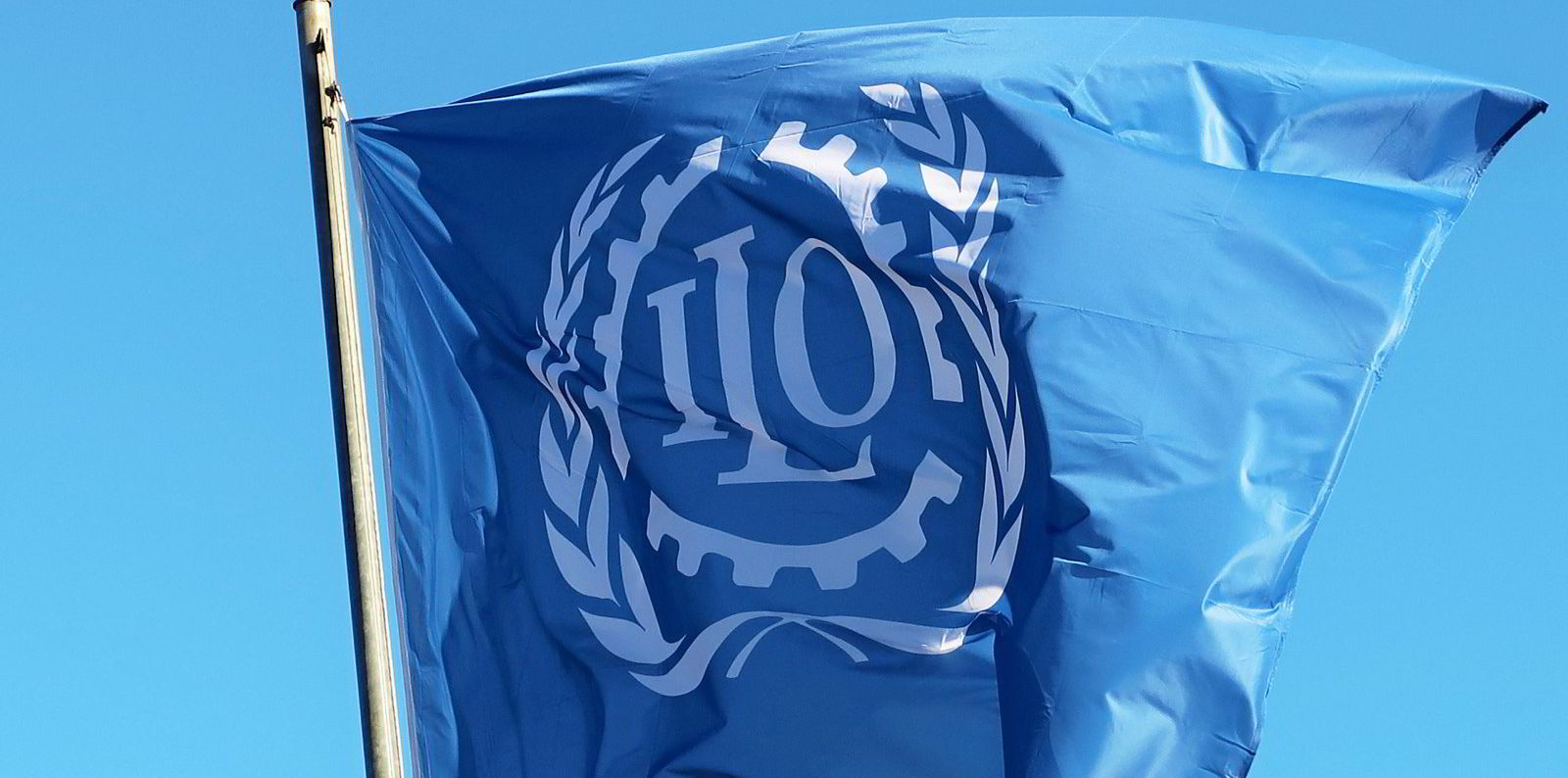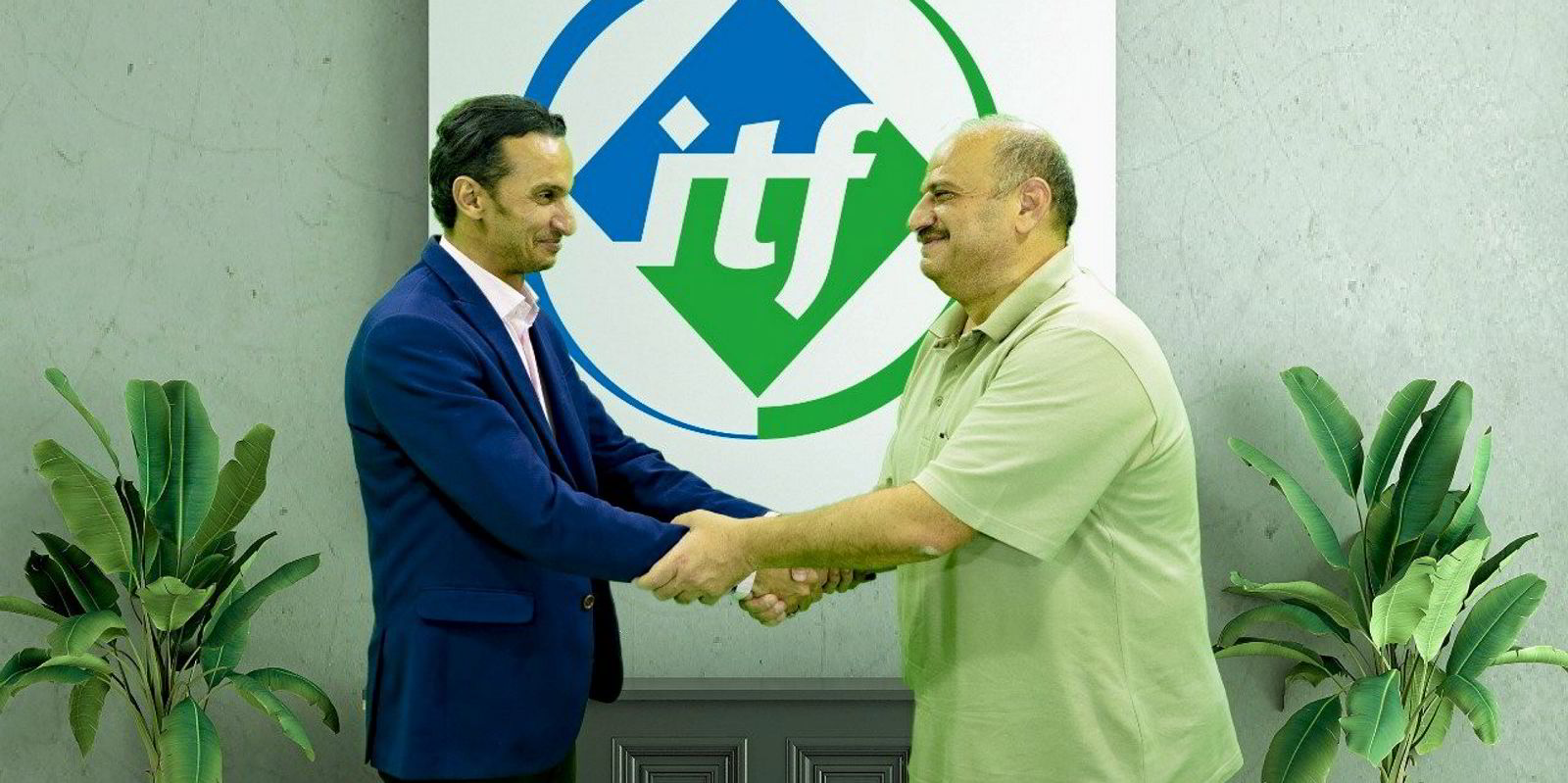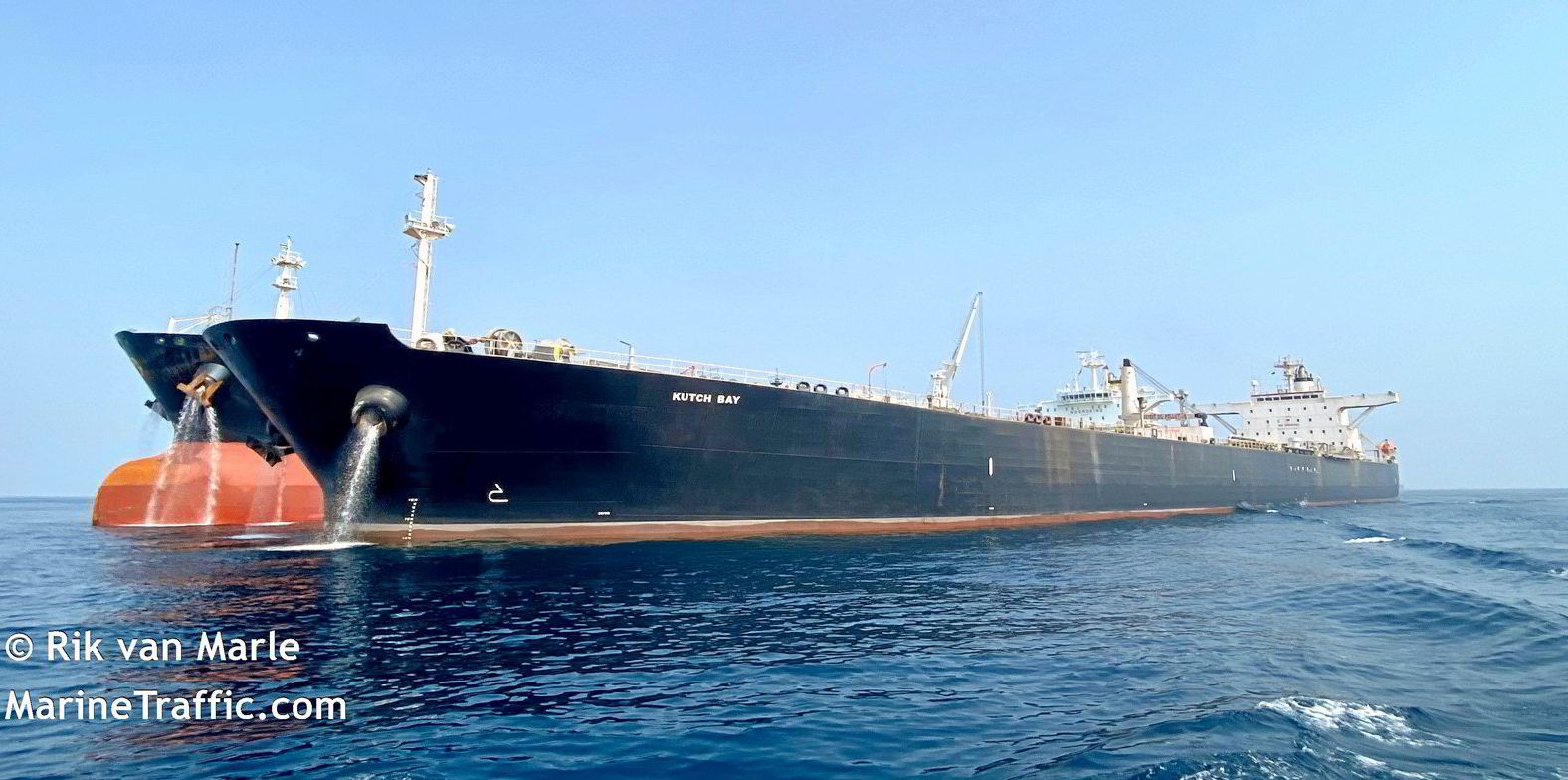Seafarers working aboard vessels transporting Iranian oil and gas often need to learn how to turn off the AIS transponders and simultaneously maintain safe distances from nearby ships.
Whenever possible, they also have to carry out ship-to-ship transfers in cloudy weather so that satellites cannot catch the movements of their vessels.
All their efforts are to hide the origin of cargo so that operators can stay under the radar of US authorities, which have imposed sanctions on Iranian energy exports. Yet not all the seafarers are getting paid for their sophisticated manoeuvres.
In April, the 22 crew members of the 78,500-cbm VLGC Sea Gloria (built 1993) sought help after not receiving wages for a third consecutive month.
Flag state Panama and the International Transport Workers’ Federation (ITF) stepped in to help recover $450,000 in owed salaries and repatriate nine seafarers from the Iranian port of Assaluyeh.
But there has been no information on the well-being of the remaining seafarers since then, the union federation’s inspectorate coordinator, Steve Trowsdale, told TradeWinds.
The Sea Gloria is the largest crew abandonment case in Iran recorded in the joint database of the International Maritime Organization and International Labour Organization (ILO) in recent years.
Given that shadowy ship operators engaged in Iranian trades tend to enjoy hefty premiums, the incident seems especially astounding.
A sanctions expert said “the seafarers are already getting paid peanuts” compared to their employers.
Industry estimates show more than 100 oil and gas carriers could have been shipping Iranian cargoes since the US sanctions were reimposed in late 2018. Some shipping professionals have described them as ticking time bombs as most insurers are unwilling to cover them.
The experience of the seafarers aboard the Sea Gloria suggests some opaque players do not even want to pay for crewing. It is hard to imagine any other group of shipowners taking so much from the maritime sector yet giving so little in return.
“For sure, they make big money,” another sanctions expert said. “But they have fewer reasons to stick to the rules also. These people change company identity overnight. They don’t give a damn.”
Some in the industry have held the US responsible for the creation of such a rogue armada. To achieve its geopolitical aims, Washington has unilaterally asked the shipping industry to enforce a complex sanctions regime. Naturally, those outside the regime would not abide by industry rules.
The US has stopped short of sanctioning any rank-and-file seafarers working on board vessels transporting Iranian energy products. But crew payments could be an issue as banks often steer away from transactions that could be seen as facilitating Iranian trade.
Iran is not an innocent bystander. The country has chosen to work with questionable operators to maintain its revenue streams.

The IMO-ILO database reveals Iran has a rather patchy record on crew welfare, with at least 100 seafarers abandoned on 12 ships at Iranian ports since the beginning of 2019. Eight of them were flagged in the country.
The ITF said three Pakistani seafarers stayed aboard one of the vessels for 22 months without “ever being paid a single dollar” in “a clear-cut case of modern slavery”, and that the matter was eventually resolved “despite the lack of cooperation from the Iranian flag state and maritime authorities”.
Overall, the number of crew-abandonment cases is on the rise as more shipping companies face financial difficulties during the Covid-19 pandemic.
A total of 85 cases were reported last year, up from 40 in 2019, according to the IMO and ILO. Fifty ships have been recorded as abandoned so far this year.
In such incidents, ship operators are either incapable of or unwilling to meet basic employment standards. If flag states or port-state control authorities fail to intervene, crews could often be stuck for months.
The IMO and ILO could break the vicious circle by enhancing enforcement of the Maritime Labour Convention, which has required shipowners in signatory countries to have insurance to provide compensation to abandoned seafarers.
The two United Nations agencies have both promised to improve seafarers’ rights. Let us hope they can achieve this in a timely matter — the industry should not continue to fail those working at sea.
And, if some players fail to manage this basic task, governments need to step in.






